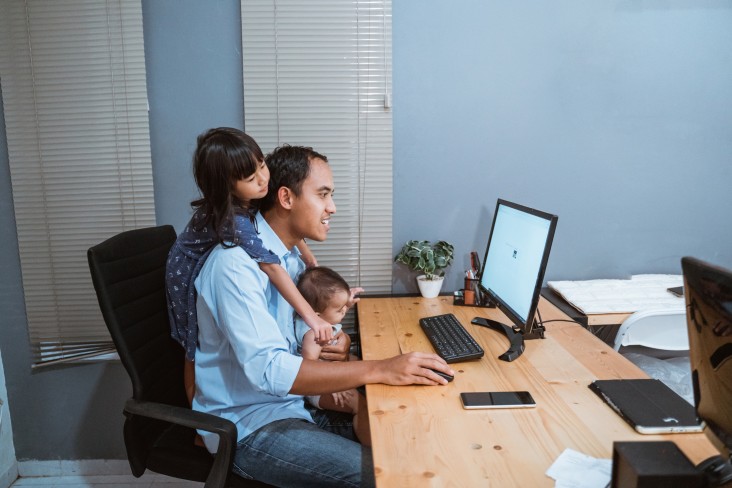What seemed unthinkable a few short weeks ago has become the new normal in so many different parts of our lives. One of the most obvious is the impact social distancing has had on the way we work. Any organisation that has been able to move some or all of its operations online has embraced working remotely.
Although working remotely did exist prior to COVID-19, working from home was usually a choice rather than something that was forced on us. We’re all experiencing emotional strain as a result of the circumstances created by COVID-19. We’re operating in an environment that we cannot control and adapting to working remotely has meant an added stress and steep learning curve for many employees and organisations.
This shift from working in offices to working from home is unprecedented on a global scale; however, it has occurred before and been implemented successfully, albeit on a much smaller scale.
It’s All Good (AG)
The story of the Alibaba Group (AG) in 2003 offers hope and inspiration. Overnight 400 employees were forced to work from home after one employee was diagnosed with SARS. Within four days, all AG employees were working from home, with senior directors delivering computers and workspace necessities to the homes of their employees.
AG suddenly had to carve out a new online space and work culture and they did this remarkably successfully. They embraced the new online platform and used it as a space for employees to stay in touch, but most importantly they kept things fun.
They engaged in online karaoke challenges, creating virtual experiences to bond the team and break down the physical barriers that existed. AG’s business grew by 50% as a result, a testament to how quickly AG embraced the new online culture to strengthen their market position.
So how can we be like AG? How can we flourish in a virtual environment and bring the office culture into the technological age?
Trust is key
As has been written before in earlier pieces on working remotely, trust plays a huge role in high performing teams; however ‘swift trust’ can fast-track a newly assembled team to perform to the same levels as a group that has built trust over many years. The key ingredient to swift trust is that instead of trust being earned, it is given from the outset. Be public about this, make your team aware of the trust you are putting in them. It is this element which can enable virtual teams to operate as effectively, or potentially more effectively, than co-located teams.
Communicate with a purpose
Predictable communication has been shown to be more effective than the volume of communication. This means having a set time and purpose for speaking with your team. This allows your team to have structure and consistency. Ad hoc and irregular contact should be avoided as this hinders trust. Additionally, when communicating, be responsive and have respect for one another’s input. Work should be thoroughly reviewed and replied to in a prompt timeframe.
Stay on task
Teams must be task focussed while taking a neutral and shared approach to leadership. It is important to delegate key roles across the team and to focus on tasks and goals, rather than procedure, when measuring output. Value what has been achieved and rotate the leadership roles within a team to foster a democratic culture and break down the old hierarchical structure.
Virtual reality
Actively engineer your business culture in a virtual world. Replace what happens in the office with something similar or an upgraded version of the familiar in the online space. Create shared events and share stories. Team bonding is vital to teams and individuals’ socialisation and connection.
To thyself be true
Stay true to your business’s values and purpose. The most successful teams in the virtual world have strong values and a shared purpose. The context of a company and how it operates should change and must adapt, but the value of the work and the reason it is done should not.
Overall the biggest challenge businesses face with their teams working remotely is increasing team camaraderie, ensuring direction, tackling the feeling of isolation, and maintaining enough socialisation and predictable communication. Although physical distance cannot always be reduced, we need to remember that psychological distance can. This environment can allow for some businesses to flourish. They just need to work remotely in the most effective possible way.
